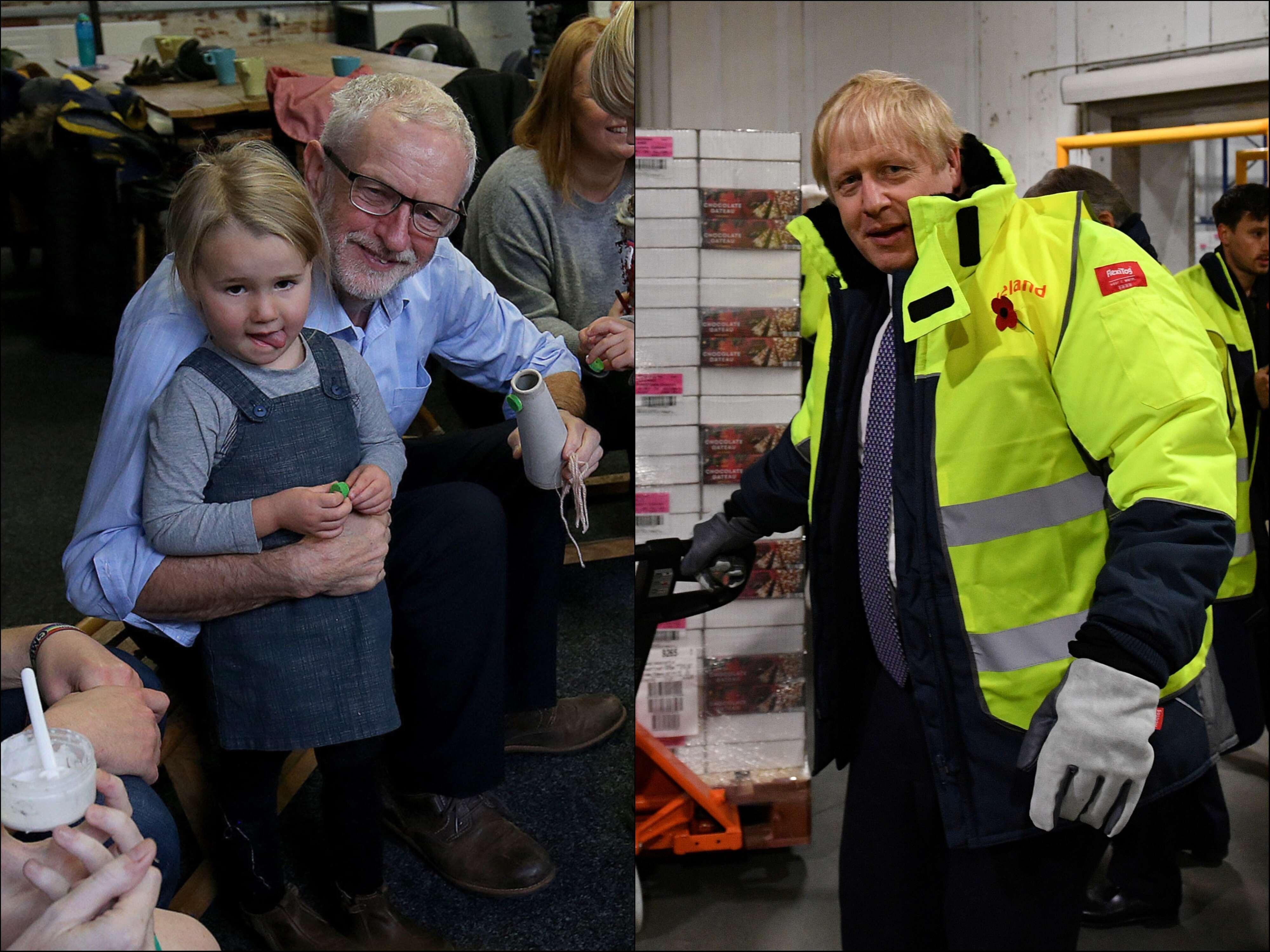
Corrections to stories are “significantly more effective” at countering misinformation when they are published by the original source rather than other fact-checking services, according to Full Fact.
Bu the UK’s leading fact-checking charity, which has partnered with Facebook to identify false UK content on the social network, has said there is “little doubt that fact-checking plays an important civic role”.
As such, Full Fact has published a guide to writing “well communicated and understood” fact-checks for newsrooms to use during the general election campaign ahead of voters taking to the polls on 12 December.
The new briefing outlines elements of style, format and production that can make a difference to how fact-checks are perceived by readers, referencing academic research and lessons learned by Full Fact’s own team.
It said fact-checks can be made more effective by:
- Including full relevant context,
- Making them easy to read in short paragraphs without distracting visual elements,
- Using a good image to “improve veracity, attention and learning” and provide a “second dose” of the corrected information,
- Including graphs to enable “easy visualisation” of a trend.
Also important was the timeliness of the fact-check, giving answers clearly in the headline and throughout, and explaining how the inaccuracy arose in the first place.
But the guide concluded by noting that corrections are “most credible” when made by the original source of the misinformation.
Full Fact’s work helped push the Daily Mail to introduce its page two corrections column in 2011 while the Leveson Inquiry was ongoing.
Although the credibility of a source generally correlates with how credibly the information is perceived, when it comes to fact-checks, written by widely-known sources are rated similarly to those from unknown organisations, Full Fact’s briefing to journalists said.
“When the source of corrections did matter, it was when the source corrected itself,” the charity said.
“Research finds that, on aggregate, corrections are significantly more effective when they come from the same source who produced the misinformation to begin with.
“If one conclusion is apparent then, it is that there is good reason for fact checkers to push those who made the original claim to correct the record.
The Guardian has today published its own first fact-check of the election campaign, telling readers it plans to counter “daft ads and dodgy speeches” with “rapid, reliable correction”.
The newspaper began by examining four claims made by the Conservatives, Labour and Liberal Democrats, including Boris Johnson’s pledge to put 20,000 new police officers on the streets.
In an editorial, the Guardian said efforts made by journalists and charities like Full Fact “to supply voters with accurate information must be redoubled” – but pledged “not to simply amplify malicious falsehoods” made in obscure corners of the internet.
Fact-check teams already up-and-running at UK media organisations include the BBC’s Reality Check and Channel 4 News’ Factcheck.
Full Fact’s briefing, written by its researcher Dr Dora-Olivia Vicol and research manager Amy Sippitt, said: “Generally speaking, fact checks reduce belief in misinformation, increase the perceived quality of news, and can help create a culture of accuracy in the long term.
“While we cannot correct everything, or everyone, fact checking is effective and the risk of ‘backfire’ is minimal (entrenched misinformation which has become associated with identity groups being a potential exception).
“Overall, there is little doubt that fact checking plays an important civic role.”
Pictures: Nigel Roddis/PA Wire and Daniel Leal-Olivas/Pool via Reuters
Email pged@pressgazette.co.uk to point out mistakes, provide story tips or send in a letter for publication on our "Letters Page" blog
